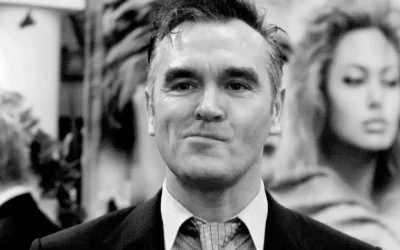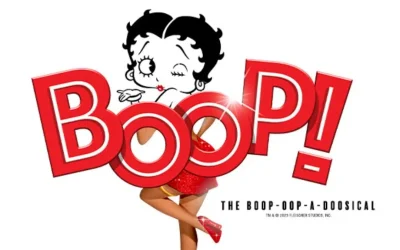The recent riots in London and surrounding towns have not only wreaked havoc on businesses and communities, but they have also taken a bite out of the public’s confidence in the city’s ability to host two top-shelf sporting events, the start of England’s football (American soccer) season and next year’s Summer Olympics.
In the lead up to the August 13 official start of English Premier League soccer, a number of matches to be played in the London area were cancelled this week. An international “friendly” between England and Holland scheduled for yesterday, August 10, at Wembley Stadium was nixed after the Football Association and London’s Metropolitan Police met to discuss the level of risk to public safety. A Tuesday, August 9, exhibition game near London between Ghana and Nigeria was also cancelled. Tuesday’s slate of games for second-tier teams competing in Britain’s Carling Cup was scratched as well.
Throughout the week, rioting has lessened due to increased police presence in the affected areas, and today, August 11, the Premier League announced that nine of the 10 matches set to kick off the soccer season this weekend will go on as planned. The tenth, the Tottenham Hotspurs at home vs. Everton, was postponed to a later date. Spurred by the fatal police shooting of a local resident, the area around the Spurs’ stadium was the epicenter for this week’s rioting, which included the vandalization of one of the stadium’s ticket offices, and police are still working to process the scene.
Graham Burns, chairman of the U.K. based Association of Secondary Ticket Agents in Great Britain, understands why the season will go on virtually unchanged: “The international matches that have been cancelled were in the public interest and also in the best interests of the sport, as any further violence on the match days would have been blamed on the ‘fans,’ we are sure…the football season really starts this Saturday, and there is no way the clubs can afford not to go ahead.”
The week’s rioting also spread to within a few miles of East London’s Olympic Park site, as well as near to a number of satellite locations for next year’s games. In what could be the worst case of bad timing so far in this series of debacles for the Games, this was also a week full of scheduled exhibition matches for next summer, showcasing the sports of beach volleyball, badminton, swimming and cycling, as safety concerns for participants and spectators were widespread.
The opening games of the test event for beach volleyball were held as planned on Tuesday, August 9, though officials moved it to an earlier time in order to allow everyone to get home before dark amid worries of renewed violence. Attendance was certainly affected, with half of the sold-out stands reportedly empty. However, this week’s world badminton championships, also played at Wembley, have proceeded without a hitch, and this weekend’s swimming and cycling competitions are still on as planned.
With police redeploying to hot spots to quell the violence that erupted earlier this week, Burns has some concerns regarding the ongoing use of a dedicated Metropolitan Police Unit to go after Olympic ticket scalpers: “We know… that right now, Operation Podium, the police operation to stop Olympic ticket scalping, has deployed its officers to the streets to catch those criminal elements responsible for some elements of the violence.
“The police would best be advised to put their resources into catching real criminals because the rather obscene budget (some say £34 million) of Operation Podium would be best spent elsewhere. We have it on very good authority that many other criminal activities are flourishing as more and more resource is being directed towards alleged Olympic ticketing offences that do not yet seem to have happened.”
Placing the 2012 Games even further in the spotlight this week was the fact that numerous Olympics officials were in town for a series of meetings between the International Olympic Committee and national Olympics personnel from nearly 200 countries. The objective of the meetings was to discuss and plan for next year’s Games, but the week’s shocking events surely made it onto the agenda as well.
Nevertheless, London Organizing Committee of the Olympic Games and Paralympic Games (LOCOG) Chairman Lord Sebastian Coe has been silent on the rioting throughout the week, with a statement coming from LOCOG today, August 11, that the organization will leave all comments on the week’s events to the Metropolitan Police.
England’s Olympics Minister Hugh Robertson, however, released a statement to the Telegraph in an attempt to assuage fans’ fears: “All the evidence shows this trouble is low-level criminality driven by messages on social networks and not some new, emerging security threat. This is a risk we have planned for and catered for. We have a commitment to deliver a safe and secure Games and we will do so.”



